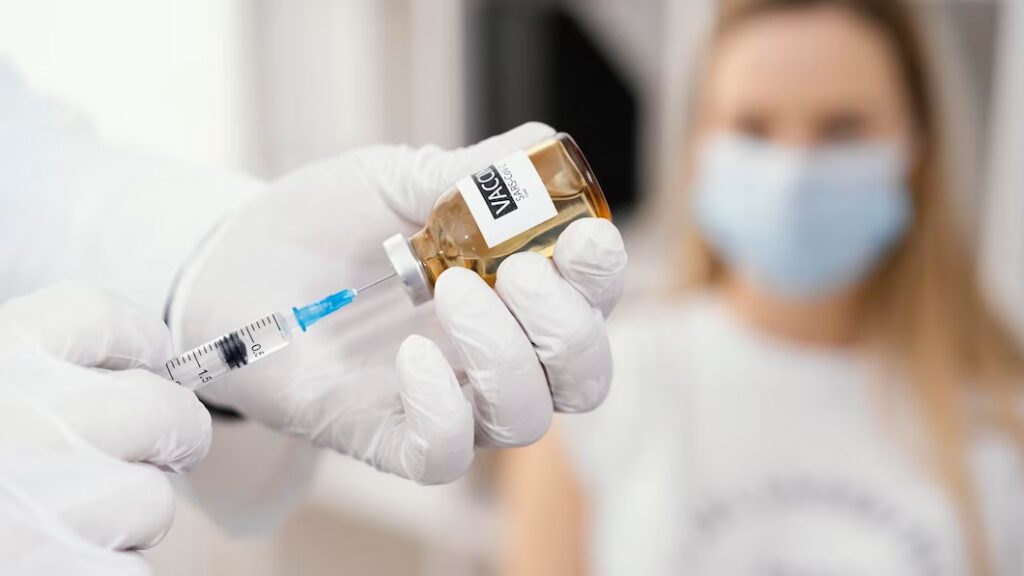Ahead of the U.S. Food and Drug Administration’s (FDA) meeting to discuss the nation’s COVID-19 vaccine strategy, two studies published Wednesday provide more evidence of the need to get newer, bivalent booster vaccines.
The studies show the bivalent COVID-19 boosters provide better protection against infection, hospitalization, and death from the XBB variants than the monovalent vaccine alone.
A new CDC study showed that a bivalent booster on top of 2-4 monovalent doses was 48% more effective against symptomatic infection from the XBB and XBB.1.5 subvariants than a monovalent vaccine alone.
The study was based on real-world data “from the Increasing Community Access to Testing (ICATT) national pharmacy program for SARS-CoV-2 testing”


“Using spike (S)-gene target presence as a proxy for BA.2 sublineages, including XBB and XBB.1.5, during December 2022–January 2023, the results showed that a bivalent mRNA booster dose provided additional protection against symptomatic XBB/XBB.1.5 infection for at least the first 3 months after vaccination,” the study says.
According to the CDC, this is the first study involving bivalent boosters – designed to protect against both the original strain and the BA.5 omicron subvariant.
XBB variants dominate in the U.S.
These XBB subvariants are the dominant strain of the COVID-19 virus circulating in the United States.
Per the CDC’s latest data, 49.1% of COVID infections in the country for the week ending on January 21, 2023, have been attributed to XBB.1.5, the fastest-spreading subvariant.
“Bottom line: We did not see reduced vaccine protection against symptomatic illness for XBB/XBB.1.5 compared with recent BA.5-related variants, which is reassuring,” said Brendan Jackson, who leads the CDC’s coronavirus response, as quoted by The Washington Post.
The second study, New England Journal of Medicine research based on September-December data, covers two other important segments the CDC study didn’t include: risk of death and hospitalization.


According to the study, the bivalent booster was 61.8% effective against hospitalization or death, compared to 24.9% for the monovalent booster. This is a 36.9 percentage-point difference in vaccine effectiveness between the bivalent and monovalent boosters.
“In addition, estimates of vaccine effectiveness were similar for the Moderna and Pfizer-BioNTech boosters and similar among the first, second, and third booster doses,” the study added.
Should we switch to annual shots?
The U.S. Food and Drug Administration’s Vaccines and Related Biological Products Advisory Committee (VRBPAC) will meet Thursday to discuss a proposal to update COVID vaccines annually, like the flu vaccine.
FDA is hoping to simplify and streamline the COVID-19 vaccination process while pushing for increased vaccination rates by adopting an approach similar to influenza immunization with annual updates to match whatever strain of the virus is circulating.
“FDA anticipates conducting an assessment of SARS-CoV-2 strains at least annually and to engage VRBPAC in about early June of each year regarding strain selection for the fall season,” the agency said.
“[C]irculation of a more pathogenic vaccine-escape variant of SARS-CoV-2 would likely prompt, on an as-needed and emergent basis, an ad-hoc strain selection meeting of VRBPAC.”




